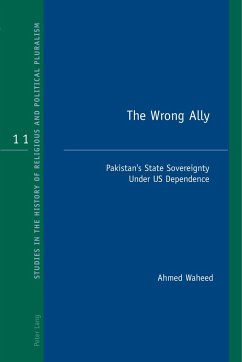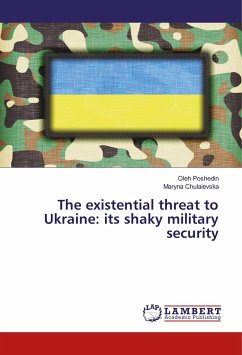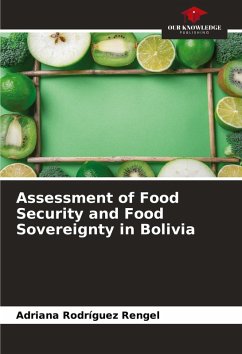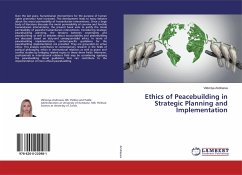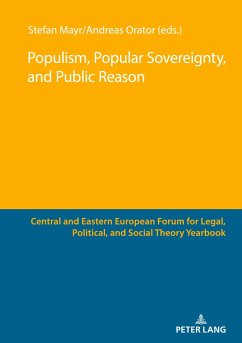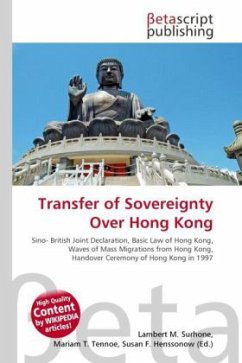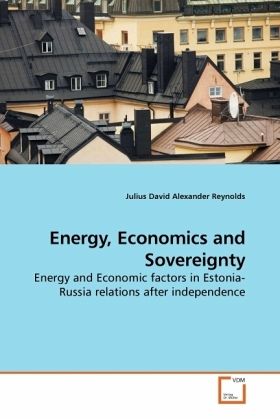
Energy, Economics and Sovereignty
Energy and Economic factors in Estonia-Russia relations after independence
Versandkostenfrei!
Versandfertig in 6-10 Tagen
32,99 €
inkl. MwSt.

PAYBACK Punkte
16 °P sammeln!
After its return to independence in 1991, the small Baltic republic of Estonia faced the daunting challenges of developing its economy while maintaining its security with respect to its historic nemesis: Russia. A combination of geographic, geopolitical and economic factors, which at first glance seemed to relegate the country to the uncomfortable position of Europe-Russia borderland, were nevertheless harnessed by national elites to establish a successful and functioning free-market democracy. This book demonstrates how Estonia's energy and economic policies played a pre-eminent role in forgi...
After its return to independence in 1991, the small Baltic republic of Estonia faced the daunting challenges of developing its economy while maintaining its security with respect to its historic nemesis: Russia. A combination of geographic, geopolitical and economic factors, which at first glance seemed to relegate the country to the uncomfortable position of Europe-Russia borderland, were nevertheless harnessed by national elites to establish a successful and functioning free-market democracy. This book demonstrates how Estonia's energy and economic policies played a pre-eminent role in forging a foreign policy to achieve these objectives. Understanding the genesis of Estonia's success is an indispensable guide for post-soviet states wanting to maintain their sovereignty and independence through the means of political will, sound economic management and an energy policy firmly anchored to national security interests.




